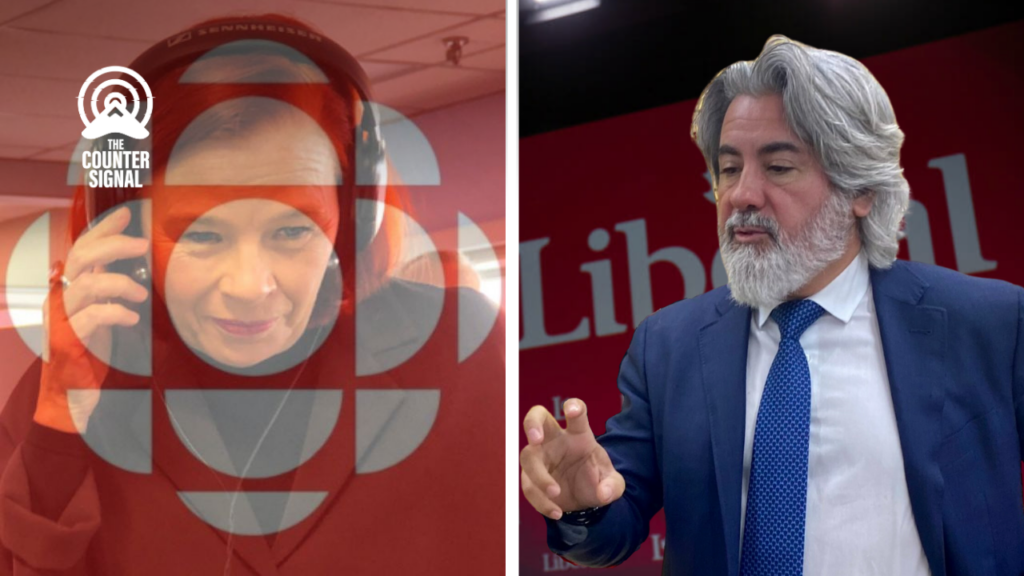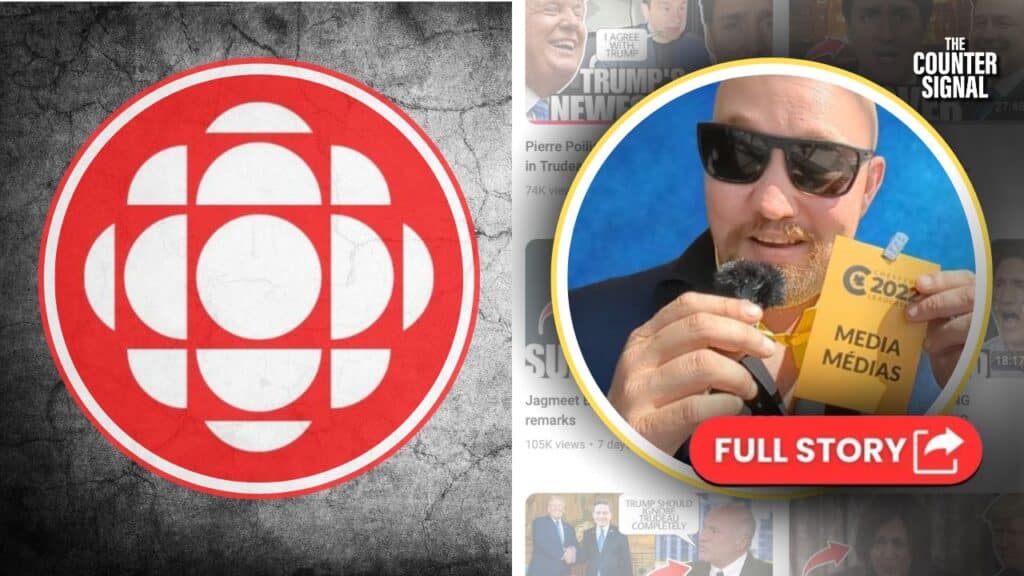The Trudeau Liberals have extended CBC President Catherine Tait’s term as President and CEO of CBC/Radio-Canada until January 2, 2025.

“CBC/Radio-Canada plays an essential role in our country’s democracy and culture,” said Heritage Minister Pablo Rodriguez.
The censorship czar Rodriquez made the announcement on Thursday.
“Catherine has agreed to stay to deliver on several critical files including the CRTC review of the public broadcaster’s licence renewal, the launch of the corporation’s first national Indigenous strategy, along with preparations for the 2024 Paris Summer Olympics,” he said.
Rodriquez further said that Tait’s alignment with the Trudeau Liberals’ censorship plans was an essential factor for her extension.
“Given the scope of change with the implementation of the Online Streaming Act and the proposed Online News Act, the continuity in her role at the helm of the public broadcaster is key during this time. Ms. Tait’s willingness to complete this critical work shows her deep commitment to the value of public broadcasting in Canada,” the Liberal Minister said.
As reported by Rebel News, documents from an access-to-information request reveal the CBC President Tait sent multiple letters to Twitter in 2021, expressing frustration that the social media company wasn’t censoring more Canadians for “hate.”
“As you are no doubt aware,” she said to Twitter staff, “Canada’s Minister of Heritage will be tabling new legislation to address online hate in the coming months.”
A month later, Tait again brought up government intervention — saying that Twitter’s failure to act was leading to legislation that will affect the platform.
“We have been sharing our mounting concerns with the Canadian government, which is proposing legislation to address online hate,” Tait said.
Tait has recently come out swinging against Conservative Party leader Pierre Poilievre after he called to defund the CBC and said it’s influenced by the Trudeau Liberals.
As other documents revealed last month, CBC has acknowledged asking social media companies to censor users on numerous occasions — so many times, in fact, that cataloging all instances would be too time-consuming.












